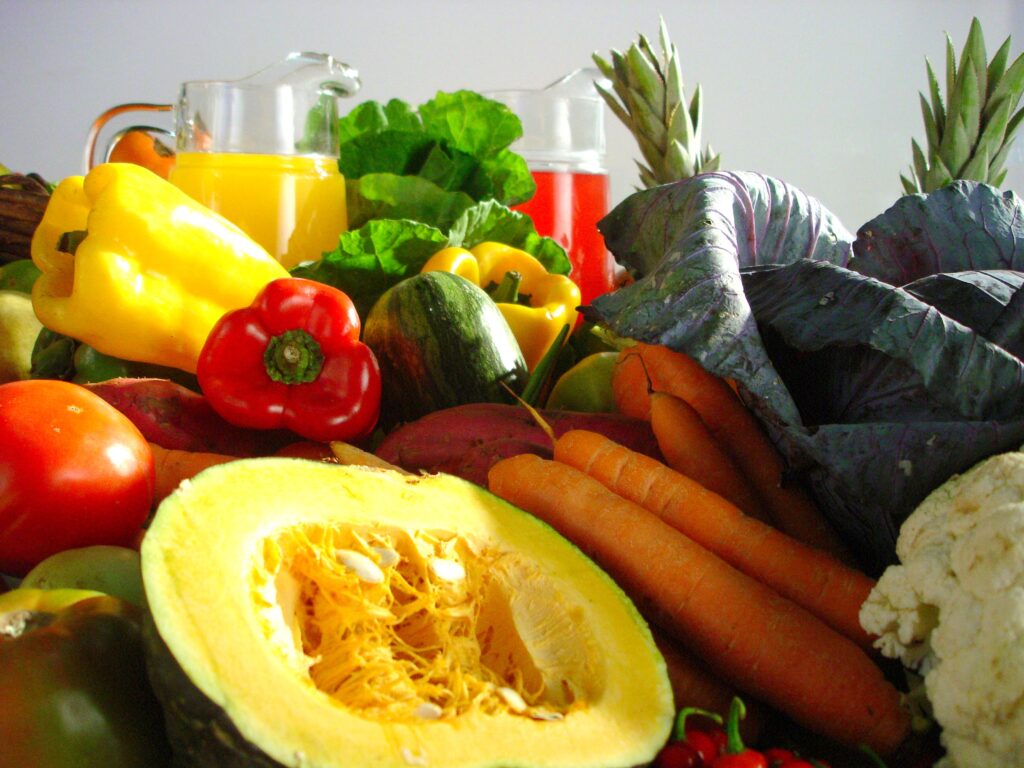If you’ve been trying to eat healthier, you might have started shopping for organic and whole foods. Their proponents claim they offer more nutrients and fewer harmful chemicals. But are whole foods and organics worth the cost?
Researchers say many canned and frozen foods are just as healthy. Brushing up on a few food basics will help you make the right decisions about what types of foods to buy for your household.

What are Whole Foods?
Whole foods are those you get in their natural state. There’s nothing added to them to make them last longer or look better. Some definitions of whole foods include foods that are organic and not genetically modified. Other definitions include foods that are grown with commercial fertilizers and pesticides, but are sold in their natural state once they’re harvested.
What are Organics?
Organic foods are those grown using all natural processes. The land hasn’t been treated with synthetic fertilizers, not only during planting, but also for several years before. Only natural fertilizers and pest-control methods are used.
Are Organics More Nutritious?
Just because an orange is organic doesn’t mean it has more milligrams of vitamin C than an orange that was grown using traditional commercial methods. Vitamins and minerals don’t fall out of corn and peas when you can or freeze them.
Some natural food advocates claim that the process used to can and freeze fruits and vegetables make them less nutritious than fresh fruits and vegetables, but a Stanford University study found no proof of that.
So, are whole foods and organics worth the cost? The bottom line is that canned and frozen foods have plenty of the nutrients you want. Read the labels of canned and frozen fruits and veggies, and if they don’t have added chemicals, they might be a healthy choice for you and your family.
Canned and frozen foods also cost less than organics, letting you spend more money on other healthy food options.
Chemicals and Organic Foods
Processed foods contain a variety of additives, preservatives, food colors, high-fructose corn syrup, added sugars and God knows what else. Many fruits and vegetable are genetically modified organisms (to help them grow with less water and to resist pests and diseases).
Animals and fish are raised with antibiotics, growth hormones and specially formulated feed to enhance growth. Many foods are grown with synthetic fertilizers and pesticides.
It’s difficult to find solid evidence (let alone proof) that any one food additive, GMO or other food-growing process causes a specific disease or condition. If there was evidence that a particular chemical absolutely caused a specific health problem, that additive would be banned.
As an example, based on the overwhelming evidence regarding how unhealthy trans fat, the FDA banned trans fat in foods in 2018.
Yes, we know that high-fructose corn syrup can cause obesity, but only if you choose to eat lots of foods that contain it. Even though you might not be able to point to one chemical causing one specific health problem, eating all of these different additives in most your foods and drinks for 20, 30, 40 years or longer might be similar to playing Russian Roulette with your health.
What about the Environment?
Proponents of organics contend that natural farming is better for the environment. However, organic farmers use more land and water to produce the same amount of food as farmers who use commercial fertilizers and pesticides.